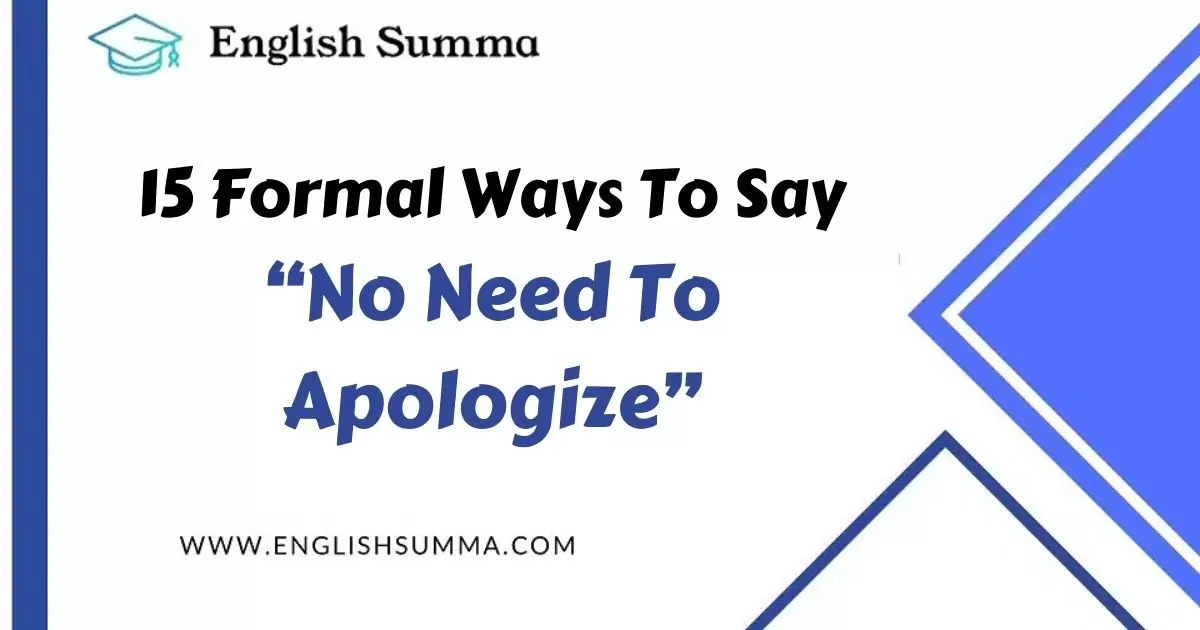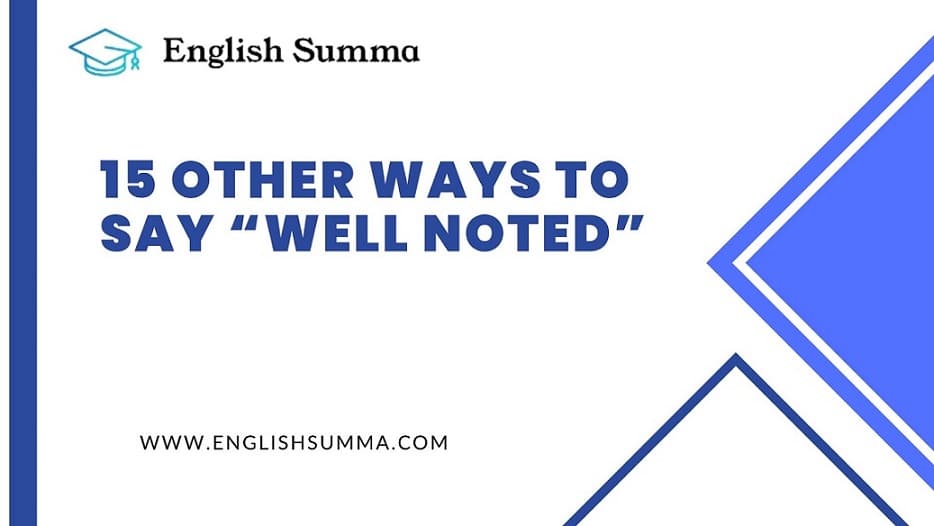15 Formal Ways to Say No Need to Apologize

In the dynamic realm of professional communication, expressing reassurance without necessitating an apology is a valuable skill. Whether faced with ...
Read more
Maximizing Efficiency with Custom Roll Stock Packaging

For brands looking to streamline their operations without sacrificing packaging quality, custom roll stock offers a high-performance solution that’s both ...
Read more
15 Formal Ways To Say “Talk To You Soon”

In the realm of formal communication, closing an email with a sense of anticipation and professionalism is key. Rather than ...
Read more
15 Best Ways to Say “Please Confirm Receipt of This Email”

In the dynamic realm of professional communication, ensuring that your messages are not only received but also acknowledged is crucial. ...
Read more
Discover the Power of SARMS for Women in 2025

In the fitness world, Selective Androgen Receptor Modulators (SARMS) have emerged as a game-changer for women seeking to enhance their ...
Read more
15 Polite Ways to Say “Please Be Advised” in an Email

In the realm of professional communication, expressing information with politeness is crucial. It not only enhances the tone of your ...
Read more
How English Summa Helps You Master Grammar Without the Stress
Grammar is often the defining aspect of learning English; for most individuals trying to learn, it feels as if they ...
Read more
Data Loss Prevention Software: Protecting Sensitive Details within an Organization

A business’s most important asset today is data. Customer information, proprietary data, and even financial records are part of the ...
Read more
The Best AI Music Generators: Revolutionizing Music Creation

In recent years, artificial intelligence (AI) has made significant strides in various industries, and the world of music is no ...
Read more
15 Other Ways to Say “Well Noted”

In the realm of professional communication, expressing acknowledgment and understanding is paramount. The phrase “Well noted” has become a commonplace ...
Read more
